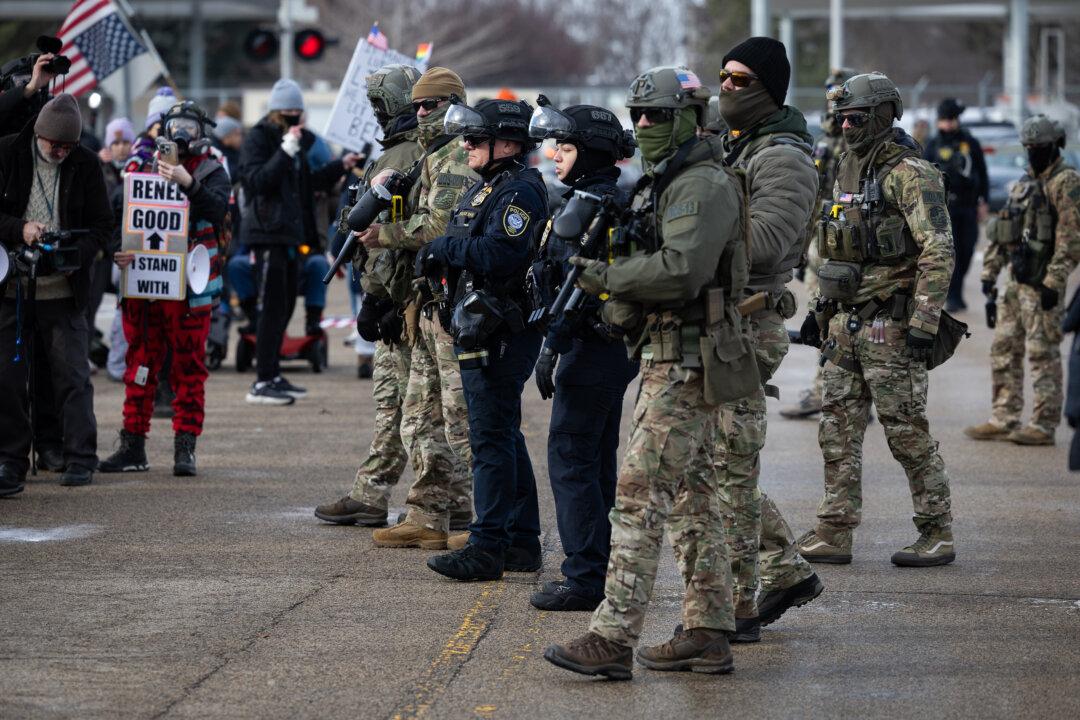Commentary
The condemnation of 98-year-old Yaroslav Hunka as a former member of the Waffen SS after he was honoured in Canada’s Parliament has been excessive. The person who exposed him in that capacity, Lev Golinkin, is a Nazi hunter whose criterion for the asseveration of capital crimes for a suspect of Nazi crimes is service in any capacity in a para-military or police unit that has reasonably been found guilty of the commission of such crimes.





